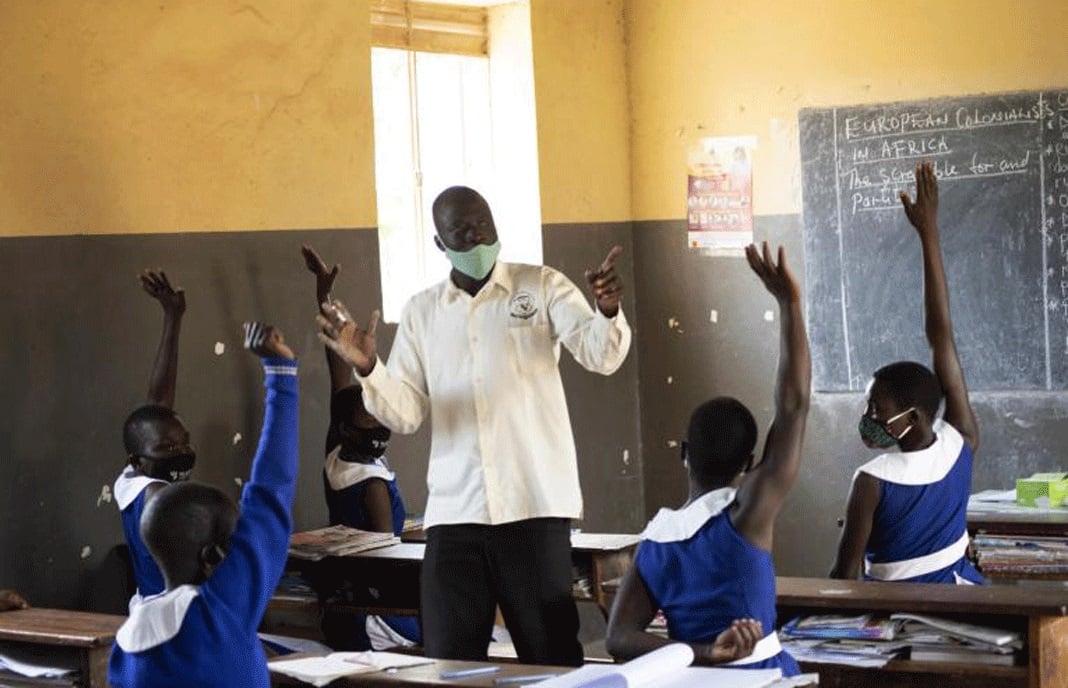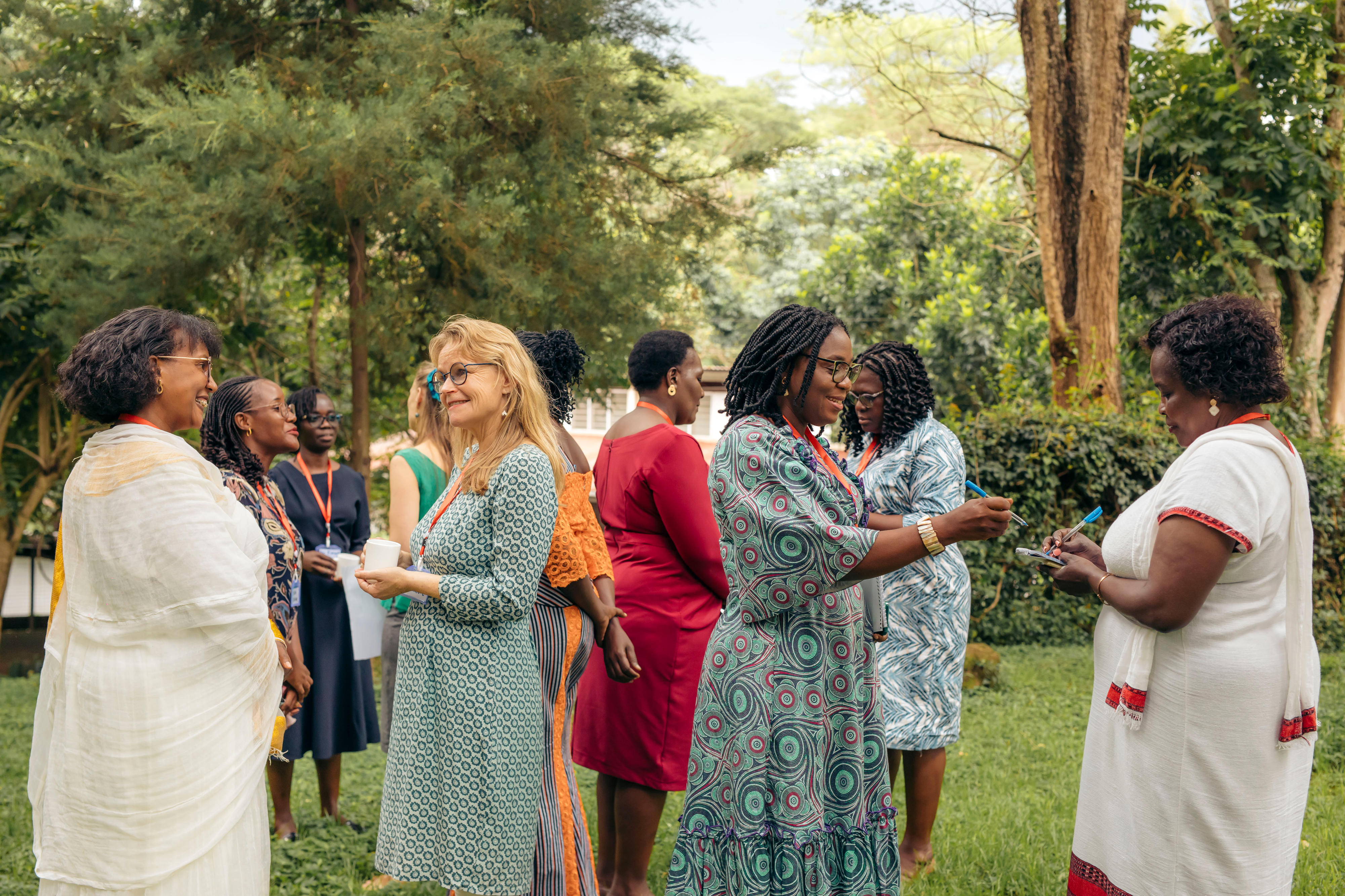Government to recruit 1,000 community health extension workers

Dr Diana Atwine, Health ministry permanent secretary
What you need to know:
- Dr Christopher Oleke, the CHEW programme coordinator, said only those with a minimum of UCE and recommended by their communities and parish leaders will be recruited into the new programme.
KAMPALA. The Ministry of Health has proposed Shs30b in its 2017/2018 Budget to recruit and train 1,000 community health extension workers (CHWE) who will replace the current village health teams (VHTs) to provide basic health and medical care in their communities.
Dr Diana Atwine, the Health ministry permanent secretary, said they will phase out VHTs, but integrate those in possession of Uganda Certificate of Education (UCE) into the new programme.
“In every village, we are going to have a community health worker and each must be properly trained for one year to educate communities on all areas of disease prevention such as malaria, HIV/Aids, nutrition, sanitation and hygiene…” Dr Atwine said in an exclusive interview on Thursday.
Dr Atwine said the new teams would cut down the time and costs spent on treating diseases like malaria and diarrhoea and have the money saved for procuring other essential medical equipment and boosting health workers’ salaries.
“Right now, our workers are overwhelmed, not motivated and not properly paid,” Dr Atwine added.
She said the new teams will be trained at the several nursing training centres across the country, sent to their closest regional health facilities, which will then report to the districts and the districts reporting to the ministry.
Dr Christopher Oleke, the CHEW programme coordinator, said only those with a minimum of UCE and recommended by their communities and parish leaders will be recruited into the new programme.
“We have proposed $50 (about Shs180,000) to be paid to every community health worker,” Dr Oleke said in a telephone interview, adding that preference will be given to candidates who will have passed science subjects in their UCE exams.
The ministry, he said, decided to phase out VHTs after realising it was not sustainable for them to continue volunteering for years without any pay.
The VHT strategy was adopted in 2001 as a bridge in health service delivery between community and health facilities.




